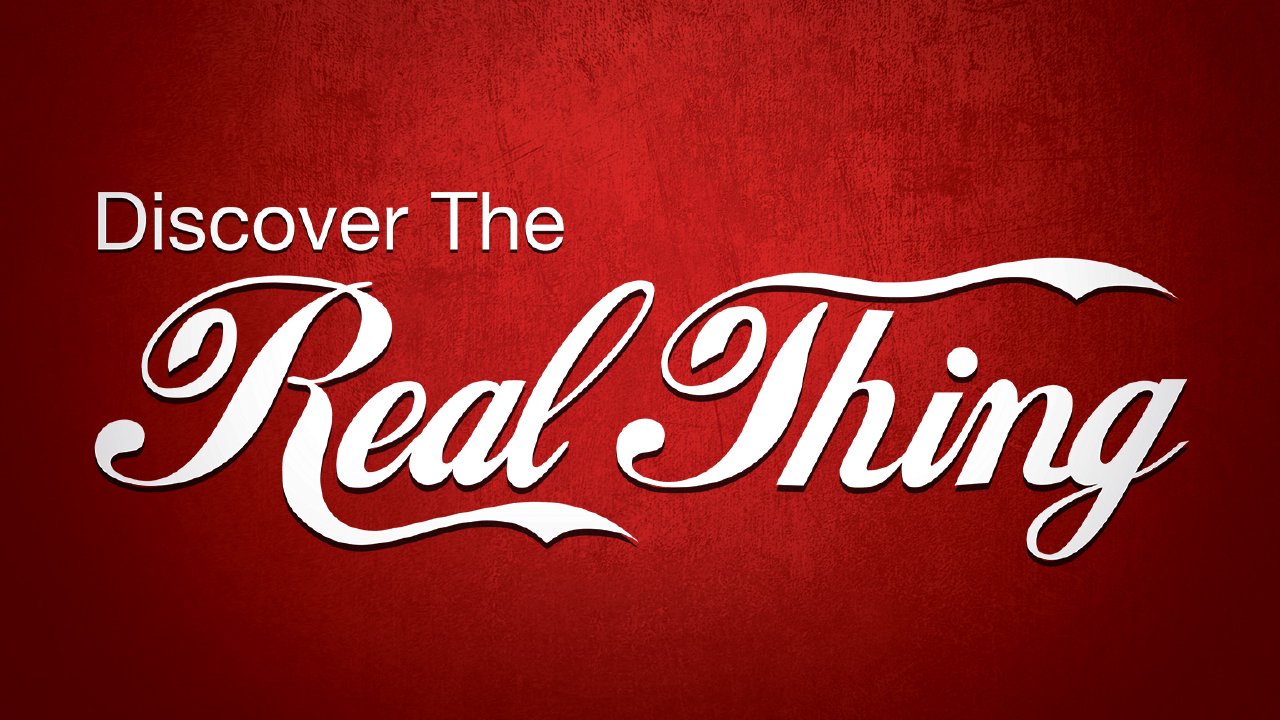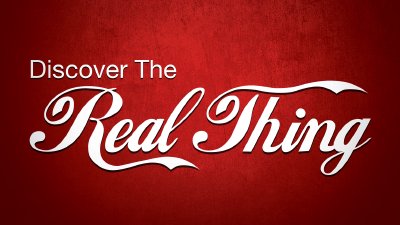"As for every man to whom God has given riches and wealth, and given power to eat of it, to receive his heritage and rejoice in his labor, this is a gift from God, " Ecclesiastes 5:19. Have you considered that before? Have you stopped to thank God for the joy you share with friends and family when the money you have earned makes possible a meal eaten out, an enjoyable evening or a summer vacation? If we would just faithfully open our hands and thank God for the ability to work and thank God for the grace to enjoy both our work and the fruit of our labor, we would be more blessed. Putting Him first, in our work and in the enjoyment of its rewards, is the key, Matthew 6:33. Remember: Don't blame God, don't bribe God, don't be surprised at the government's failures, and don't believe the lie about riches - that money is the answer. When troubles comes, keep your eyes on Him and thank Him for it all; and you will be glad you did.

The Values of Life
February 2, 2014 • Pastor Danny Lovett
The Conclusion to the Whole Matter
March 30, 2014 • Pastor Danny Lovett
"Is life worth living?" That was the question the Preacher raised when he began the discourse that we call Ecclesiastes. After experimenting and investigating "life under the sun," which means living life without God, he concluded "Life without God is not worth living!" He realized that life was not monotonous but filled with challenging situations from God, each in its own time and each for its own purpose. He also learned that wealth could be enjoyed and used for the glory of God. Though man's wisdom couldn't explain everything, Solomon concluded that it was better to follow God's wisdom than to practice man's folly. As for death, there is no way to escape it; and this should motivate us to enjoy life now by living like we are dying and by making the most of the opportunities God gives us. Paul said,"whether we eat or drink or whatever we do we do it for God's glory" (I Corinthians15:31). This Sunday we will finish our study on Ecclesiastes by looking at Solomon's Conclusion of the Whole Matter. Solomon ends his research by giving us four pictures of life and how each picture gives us a practical application to heed.
What kind of fool are you
March 23, 2014 • Pastor Danny Lovett
Solomon is the author of a large part of the wisdom literature of the Old Testament: Song of Solomon, Proverbs, and Ecclesiastes. In chapter ten of Ecclesiastes, he returns to the theme of wisdom verses foolishness. This section reads like a cross- section of the book of Proverbs. The Teacher-King dispenses one wise saying, after another. Solomon once again wants to remind his congregation of the importance of wisdom and the danger of folly and foolishness. The word folly is used nine times in this chapter. He lays down the basic principle that folly and foolishness creates problems. Solomon had already compared a good name to a fragrant perfume ( Ecclesiastes 7:1), so he used the image again. What dead flies are to perfume, folly and foolishness are to the reputation of a wise person. The conclusion is simple: wise people will stay away from foolishness and folly. Why is one person foolish and another wise? It all depends on the inclinations of the heart (Ecclesiastes 10:2). Solomon is going to warn us about four different areas of our lives where we can be foolish.
Live Like You're Dying
March 16, 2014 • Pastor Danny Lovett
Why is everyone so afraid to face the reality of death? The comedian Woody Allen once said, "I'm not afraid to die. I just don't want to be there when it happens." Solomon, in the book of Ecclesiastes, is not afraid to talk about death. He has said throughout the book that if you try to live your life without God, it will be a meaningless life, and therefore a meaningless death. To get to the end of a life of emptiness and despair and face the reality of who-knows-what after death could make anyone afraid to confront the reality of dying. After all, the only way to be prepared to live is to be prepared to die. Death is a fact of life. The last time I checked, the statistics on people dying were exactly 100 percent. All of us are going to die. Solomon examined many facets of life so that he might understand God's pattern for satisfied living. Robert E. Lee's last words were, "Let the tent be struck!", meaning that he was was ready for the earthly tent of his body to be taken down. Unless Jesus Christ returns and takes us to heaven, we will all one day "strike our tent" (1Corinthians 5:1-8) and leave the battlefield for a better land. Paul said,"for me to live is Christ but to die is gain" (Philippians 1:21). We must be ready.





